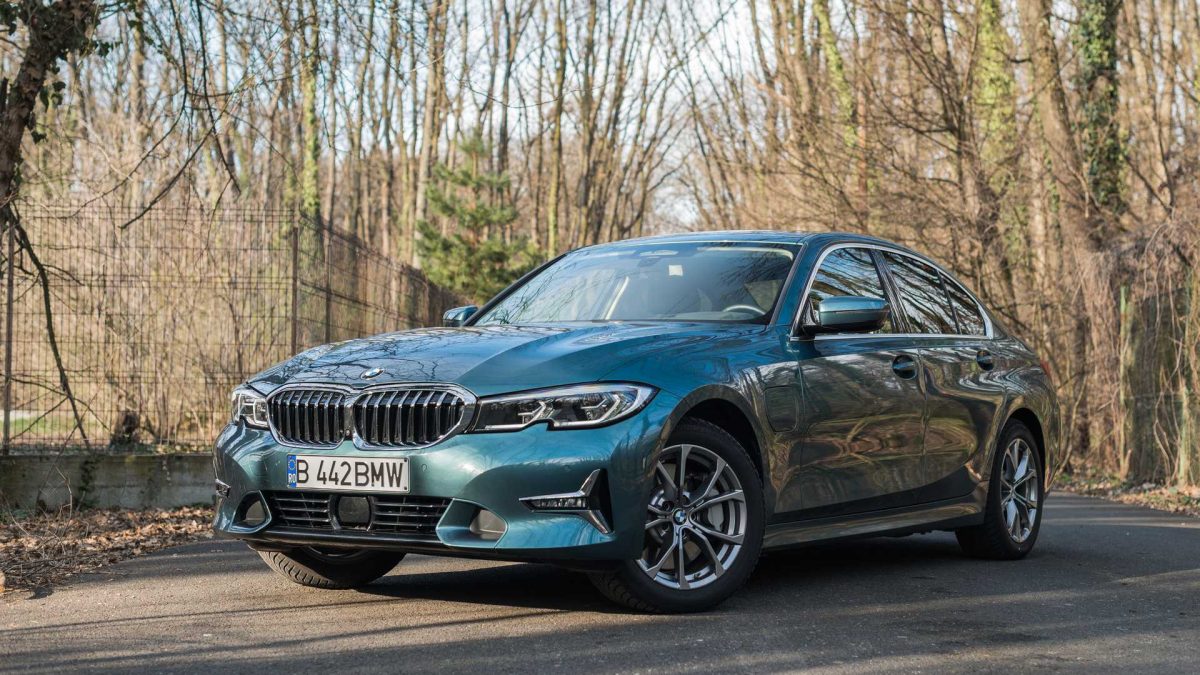BMW’s current crop of plug-in hybrids manage around 50 km (31 miles) of pure-electric driving on a single charge of their battery pack. If you really drive them gingerly, with a feather for a right foot, you can eek out up to 65 km (40 miles), but the lengths you have to go to in order to achieve that don’t make for practical daily driving.
But this could soon double, according to a recent report, so we could start to see them reach 100 km (62 miles) in the not too distant future.
BMW Blog quotes BMW management board member Pieter Nota as saying
‘ We are of course continuing to develop the drive system and will offer up to 100 kilometres of electric range in the future, depending on the segment. By the end of this year, we will already have a total of 12 basic plug-in hybrid models available, including the new MINI Countryman and the BMW X2. ‘
He also pointed out that BMW’s market research suggests that there will be a rise in demand for such vehicles in the near future, so the manufacturer can’t but do its best to meet this expected popularity increase. Nota points to statistics that say
‘ Electrified vehicles will account for between 15 and 25% of BMW’s global sales before 2025. In Europe, it will probably already be a quarter by 2021, a third by 2025 and half by 2030. ‘
What Nota didn’t say is which new PHEV model was going to have this extended range and when it will be launched. What’s clear, though, is that a larger capacity battery pack will be needed to achieve it.
BMW’s smaller plug-in hybrids have a 12 kWh battery pack whose usable capacity is 10.4 kWh. The brand’s larger plug-in models, like the recently launched X5 45e, have a much bigger 24 kWh pack (with 21.6 kWh usable capacity); this model has a claimed electric range of up to 87 km (54 miles).
So maybe fitting this larger battery pack, which in the X5 is paired to a six-cylinder gasoline engine, to the company’s smaller models that run four-cylinder engines could achieve this 100 km (62-mile) range.

